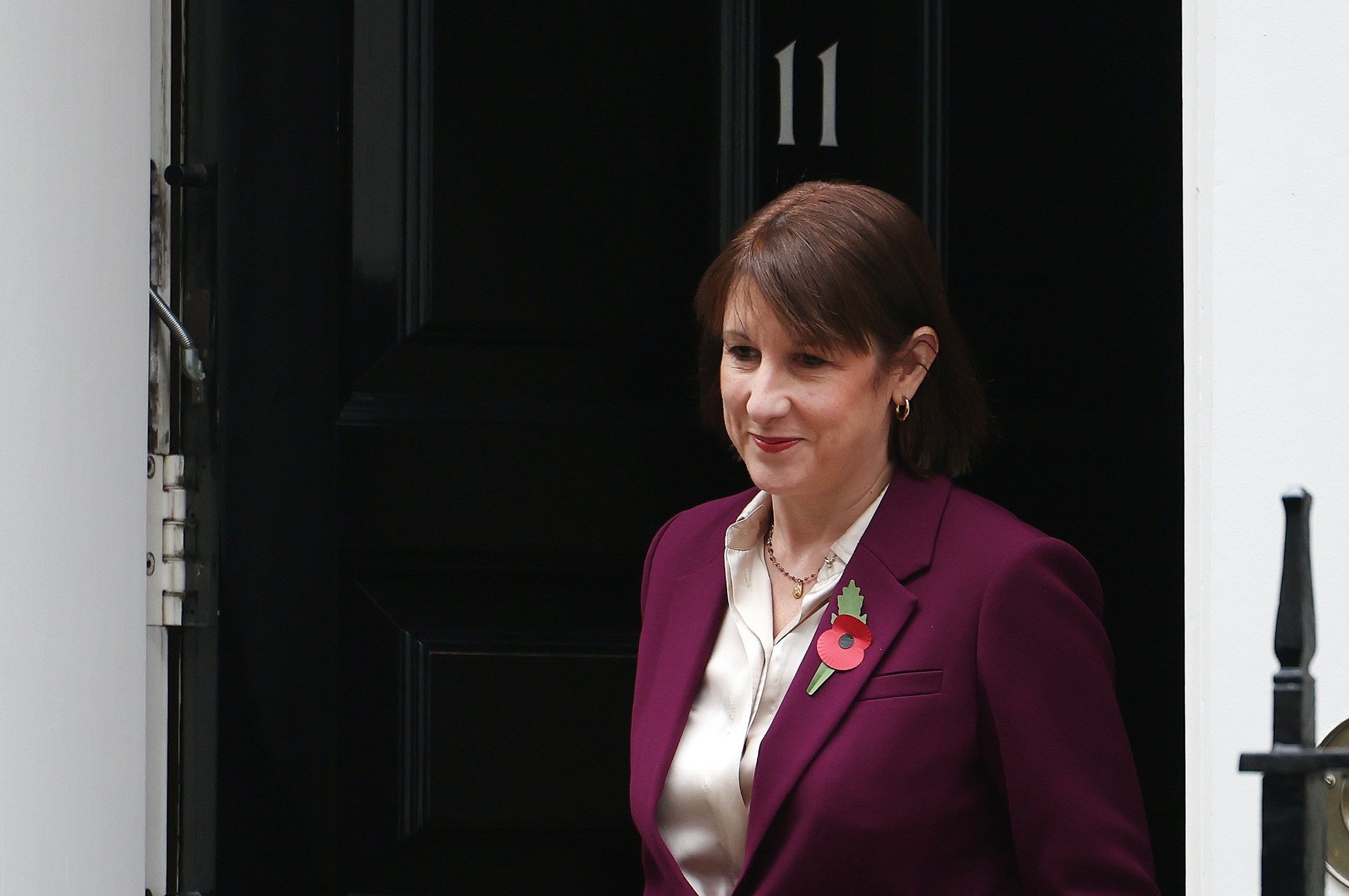Pay for 800,000 freelancers could be hit if employers’ tax rises in Budget, experts say
Chancellor is understood to be considering the move as part of her plans to raise money to bail out Britain’s battered public services

Your support helps us to tell the story
From reproductive rights to climate change to Big Tech, The Independent is on the ground when the story is developing. Whether it's investigating the financials of Elon Musk's pro-Trump PAC or producing our latest documentary, 'The A Word', which shines a light on the American women fighting for reproductive rights, we know how important it is to parse out the facts from the messaging.
At such a critical moment in US history, we need reporters on the ground. Your donation allows us to keep sending journalists to speak to both sides of the story.
The Independent is trusted by Americans across the entire political spectrum. And unlike many other quality news outlets, we choose not to lock Americans out of our reporting and analysis with paywalls. We believe quality journalism should be available to everyone, paid for by those who can afford it.
Your support makes all the difference.Incomes could be hit for up to 800,000 freelance workers if the government decides on Wednesday to increase employers’ national insurance contributions, say tax experts.
Chancellor Rachel Reeves is understood to be considering the move as part of her plans to raise money to bail out Britain’s battered public services.
Employers pay the tax at a rate of 13.8 per cent on income above £9,100 a year. Labour has claimed that the Budget will not hit working people, but tax experts say that certain freelancers could end up paying the bill.
Those who work for so-called umbrella companies could lose out, said Rebecca Seeley Harris, an employment status expert and founder of ReLegal Consulting.
Umbrella companies employ contractors for temporary work, often being paid via recruitment agencies.
But workers using them may find that they are being paid a flat rate gross of all tax. This means that if employers’ national insurance rises, it will eat into their take-home pay, she said.
An employer currently pays £2,884.20 in employers’ national insurance for a worker earning £30,000 a year. An extra 2 percentage points would take that figure up by £418 a year.
“Potentially, if there’s an employer’s rate rise, it will end up reducing the amount that the umbrella company worker gets because of the way the pay is structured,” she said. “The assignment rate is the rate that they tell the workers. They might say, you’re going to get £500 a day. The problem is, by the time the worker actually gets it, all the taxes, the margins, everything comes out of that £500.”
While umbrella workers are typically associated with IT, the NHS also employs many people using the pay structure.
However, the rules around paying tax as a contractor have been under increased scrutiny lately. Being paid through a company was seen as a good way to pay less tax before a government crackdown.
Well-paid freelancers including BBC presenters were left facing huge tax bills after authorities decided that they were abusing a system designed to help out genuine small businesses which had variable work, probably from a number of sources.
Using these personal service companies allowed workers to avoid national insurance payments and also be paid via dividends, which are taxed at a lower rate than income.
The new Budget measures will be looked at by employers together with the 6.7 per cent increase to the minimum wage and also the government’s proposal to strengthen employee rights.
The minimum wage, or national living wage for over-21s, will rise from £11.44 to between £12.12 and £12.20 from next year.
The Low Pay Commission, which advises the government on the national living wage, has said it expected the level to rise to £12.10, but stronger earnings growth has fuelled a bigger increase.
Labour will also ban exploitative zero-hours contracts and “unscrupulous” fire and rehire practices which it said will benefit millions of workers.
Join our commenting forum
Join thought-provoking conversations, follow other Independent readers and see their replies
Comments